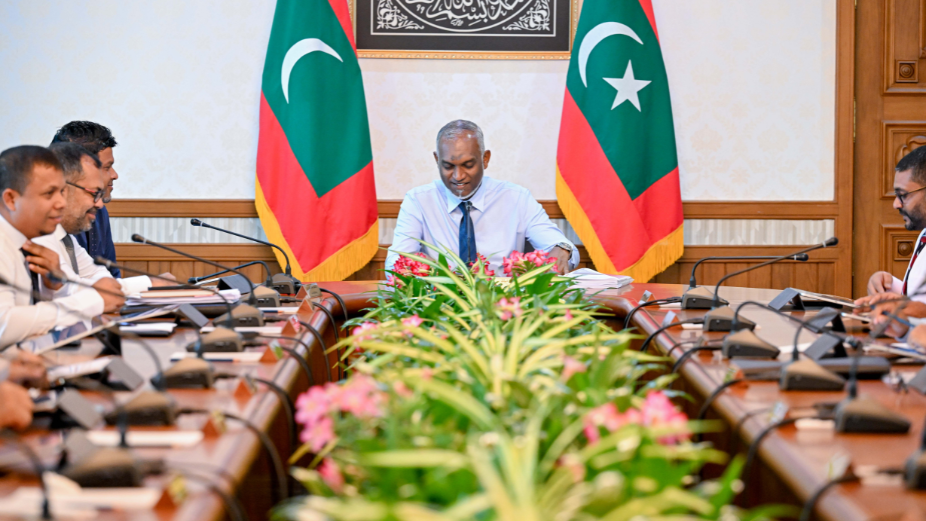
In a strategic move to enhance the export potential of Maldivian fish products, the Cabinet has recommended signing the Samoa Agreement with the Organisation of African, Caribbean, and Pacific States (OACPS). This decision was made during the Cabinet meeting held on the 23rd of this month, led by President Dr Mohamed Muizzu. The text of the agreement will be submitted to Parliament for approval.
The Samoa Agreement, which was signed on 15 November 2023, establishes a framework for the European Union’s relations with African, Caribbean, and Pacific countries, focusing on six key priority areas: human rights, democracy, and governance; peace and security; human and social development; inclusive sustainable economic growth and development; environmental sustainability and climate change; and migration and mobility .
By becoming a full member of the OACPS through this agreement, the Maldives stands to gain significant advantages. The agreement is designed to foster sustainable development and facilitate easier access to opportunities provided by the European Union across various sectors. For Maldivian fisheries, this could mean better prices and expanded markets for fish products exported internationally .
The President’s Office highlighted that the Samoa Agreement’s provisions align well with the Maldives’ economic and environmental goals. With its focus on sustainable economic growth and environmental sustainability, the agreement supports the Maldives’ efforts to promote responsible fishing practices and improve the competitiveness of its fish exports on the global market.
Additionally, the agreement’s emphasis on human rights, governance, and social development is expected to contribute positively to the overall well-being and development of the Maldivian population. This holistic approach aims to create a resilient and sustainable economic environment, benefitting multiple sectors within the country.
The signing of the Samoa Agreement is anticipated to provide the Maldives with enhanced trade opportunities, particularly in the fisheries sector, while also contributing to broader developmental goals. The move reflects the government’s commitment to leveraging international partnerships to support national economic growth and sustainability initiatives.












